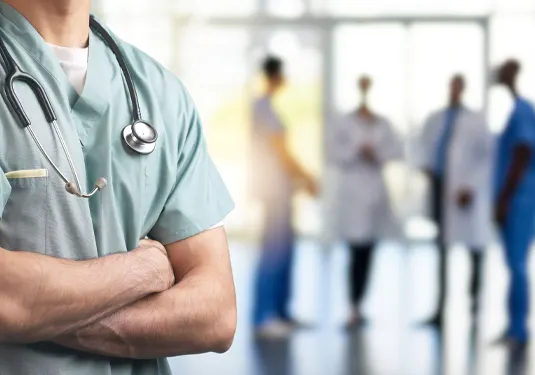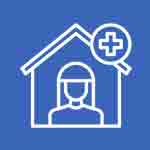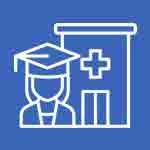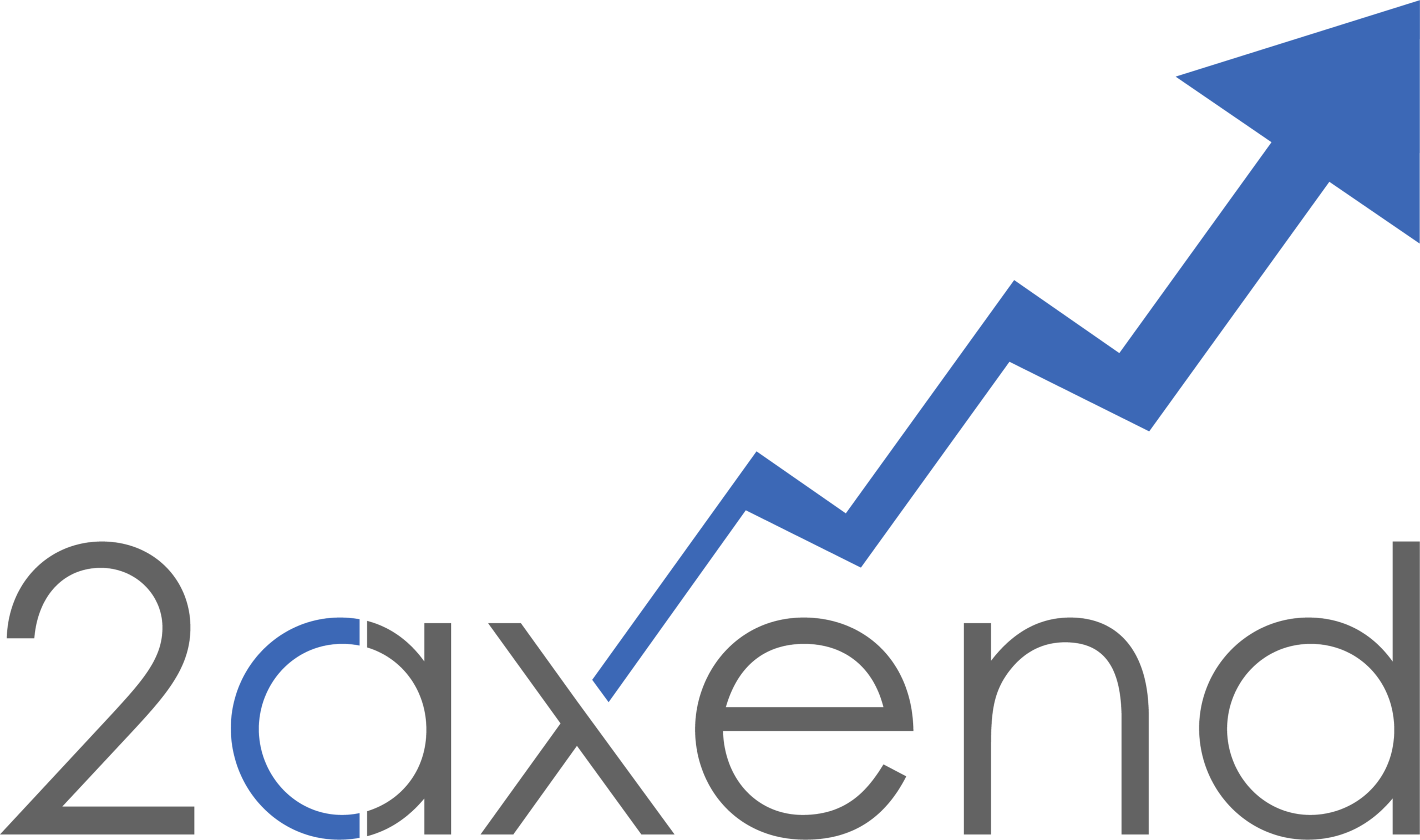Healthcare Education
Prepare future healthcare professionals to deliver patient-centered care.
Equipping Future Healthcare Practitioners
with Inclusive Care Skills
Healthcare education programs focused on preparing future healthcare professionals with culturally sensitive and patient-centric strategies applicable to all marginalized communities are leading the way. This growing focus reinforces the importance of preparing future healthcare professionals to drive improved patient outcomes, enhance patient satisfaction, and remove systemic silos in today’s healthcare system – to build a better future for all.
At 2axend, we support medical schools, nursing programs and allied health programs by identifying gaps within existing curricula and creating opportunities for specialized education. By leveraging our Deaf lens and expertise in accessibility and other critical elements impacting the patient experience for Deaf and hard of hearing individuals, we ensure that students are equipped with the necessary skills and knowledge to practice cultural humility when working with this unique population.

Interprofessional Professional Learning
Prepare students for unique clinical scenarios with customized training on topics pertinent to the delivery of patient-centered care to Deaf and hard of hearing individuals, including Deaf culture, communication accessibility, unconscious bias and its impact in healthcare.

Simulation-Based Education
Design immersive, hands-on learning experiences that expose future healthcare professionals to signing and non-signing Deaf and hard of hearing individuals in a safe and controlled environment.

With 2axend, you can:
- Advance your program’s learning objectives.
- Help future healthcare professionals gain a deeper understanding of the Deaf and hard of hearing community, a linguistic and cultural minority.
- Address biases that impact care for Deaf and hard of hearing individuals.
- Strengthen communication between patients and providers in healthcare settings.
- Reduce systemic health disparities faced by the Deaf community.
2axend’s Client Work in Healthcare Education

A university’s School of Nursing and a local community hospital recognized a gap in training for culturally sensitive care for Deaf and hard of hearing patients. In support, 2axend provided a comprehensive training program that improved care quality, leading to better patient outcomes and earning an impressive 3.97/4.0 rating from attendees. Our training program helped medical professionals across a university and hospital system provide more culturally sensitive care to Deaf and hard of hearing patients, fostering improved relationships and better care delivery.

A university’s School of Medicine curriculum team partnered with 2axend to expand their disability-related curriculum to focus on patient-centered care for Deaf and hard of hearing individuals. We implemented annual pre-clerkship training sessions for students across multiple campuses. These sessions have had a lasting impact as participants reach out to the 2axend team seeking guidance on ways to address systemic barriers in healthcare.
Shape the future of healthcare
Together, let’s create a future where every patient receives exceptional care.

